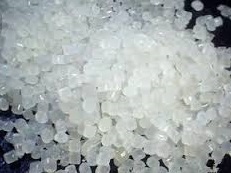Polymers Petrochemicals sustainability bioplastic 22-02-2019 - Arhive
China – Polyethylene Terephthalate
PET and its chain are weak,except for paraxylene.
- Polyamide6 and its chain are steady.
PET Bottle grade export 1,040/1,080 $/ton – PET Bottle grade domestic market 8,200/8,300 yuan/ton – PET Filament grade SD domestic market 7,700/7,850 yuan/ton – PET Filament grade BR domestic market 7,700/7,850 yuan/ton
PTA Taiwan 850/860 $/ton – PTA domestic market 6,350/6,450 yuan/ton – MEG $ 605/615 $/ton – MEG domestic market 4,900/5,000 yuan/ton – PX Korea 1,095/1,105 $/ton
POY 150D/48F domestic market 8,400/8,500 yuan/ton – DTY 150D/48F domestic market 10,350/10,450 yuan/ton – PSF domestic market 8,800/8,900 yuan/ton
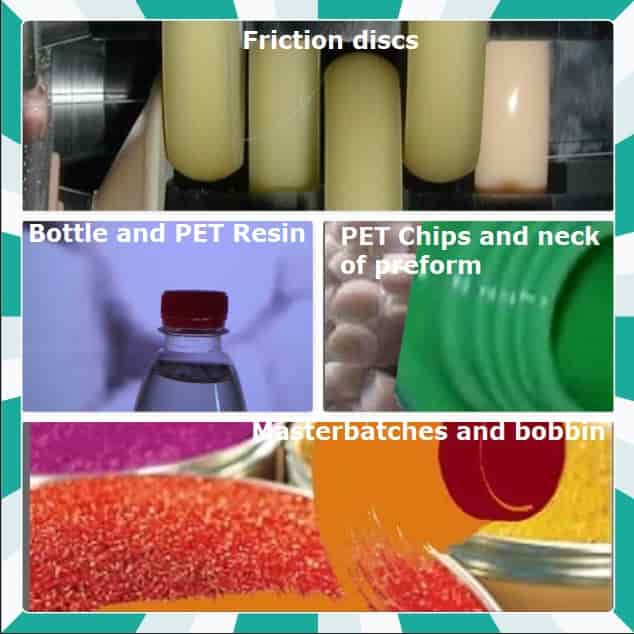
Crude Oil Prices Trend

Rising seasonal demand and upstream paraxylene (PX) costs are putting upwards pressure on polyethylene terephthalate (PET) prices in Europe.
Meanwhile, the delayed start of new monoethylene glycol (MEG) capacity may result in a more balanced market than expected.
Caroline Murray, editor of the ICIS PET report discusses the dynamics of these markets with Melissa Hurley, editor of the MEG report.
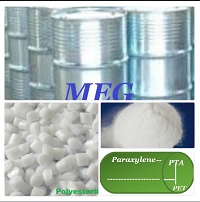
The ECHA Sector Approach on Plastics Additives has been published, focusing on end use and involving the European Chemical Agency together with the industry supply chain.
The publication follows the addition of the EuPC and EuMBC Use Maps for masterbatching, compounding, and converting processes, which were published in order to facilitate 2018 registrations.
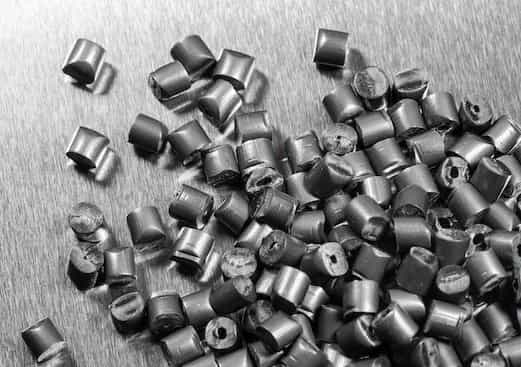
Like many advanced materials, there is a significant learning curve to progress promising lab results to real commercial products.
This includes a learning experience from the manufacturer, for cost-effective high-volume production, and a learning experience for the end-user, to establish the value and utilisation of this market entry.
IDTechEx have been following this market throughout this learning experience, and the 13th edition of their commercially focussed B2B graphene conference, Graphene & 2D Materials, will be held from 10 – 11 April 2019 in Berlin, Germany.

As the EU seeks to crack down on plastic waste, scientists in Gdańsk have developed single-use cutlery from a special polymer.
Durable yet workable, the material offers an alternative to plastics derived from oil. The key ingredients: potato flour and corn.
Countries in Europe and beyond are increasingly aware of the negative environmental impact of single-use plastics, especially on the oceans. On 18 January, EU member states confirmed new restrictions on some single-use plastic products.

Recyclability concerns about black PET food trays have been addressed by Ireland’s Quinn Packaging. The company has launched Detecta by Quinn – a new range of black plastics food trays that are fully identifiable in sorting systems, reducing the amount of black plastics waste that ends up in landfill sites.
Standard black PET trays are typically manufactured using a carbon black colour additive. When it comes to recycling these trays, material recovery facilities use near infra-red (NIR) optical sorting equipment to identify and sort various plastics waste streams including PET plastics.
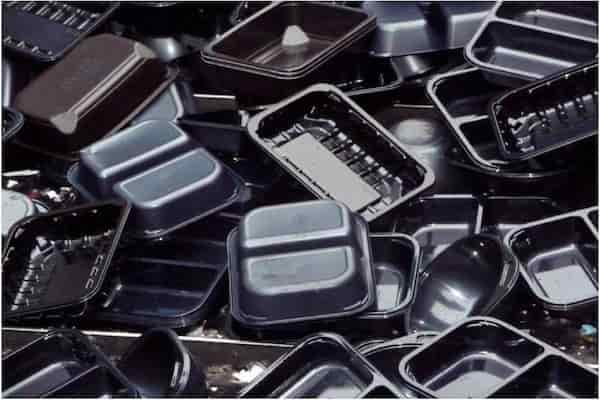
SINGAPORE (ICIS)–The latest trade agreements between Singapore and European Union could help boost the city-state’s slowing base chemical and plastic shipments to the trade bloc, but competition from other regions would put a lid to polymer imports from the southeast Asian nation.
The European Parliament on 13 February gave its green light to the EU-Singapore Free Trade Agreement (EUSFTA), EU-Singapore Investment Protection Agreement (EUSIPA) and EU-Singapore Partnership and Cooperation Agreement (ESPCA).

Invista (Wichita, Kan.; www.invista.com) says engineering for a 400,000-ton adiponitrile (ADN) plant in Shanghai, China is underway.
The company’s estimated investment will be in excess of $1 billion (7 billion RMB). With support of the local authorities, we expect construction to start in 2020, and startup is expected to begin by 2022, Invista chairman and CEO Jeff Gentry says.
Representatives from Invista and the Shanghai Chemical Industry Park (SCIP) signed a memorandum of cooperation at a ceremony today in Shanghai.
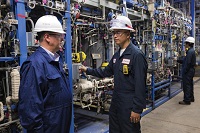
Venator is off to a good start in 2019, with customer destocking expected to continue to decelerate in the current first quarter, said the CEO of the UK-based titanium dioxide (TiO2) producer in an update on Wednesday.
Destocking already decelerated in the fourth quarter, with Venator’s TiO2 sales volumes declining by 6% year on year, compared with an 18% decline in the third quarter, Simon Turner told analysts during the company’s Q4 earnings call.
“We are encouraged that we have seen a relatively decent start to the year, and we believe [destocking] will diminish,” he said.
“While it is early, [2019], from an order perspective, got off to a decent start,” he added.
In the near term, Venator expects difference in regional performance, with strength in North America, slower growth in Europe and weakness in China.
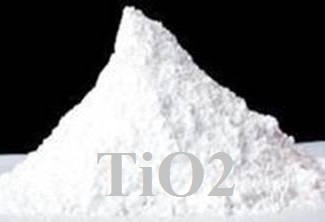
A report commissioned by UK-based Staeger has identified four bio-based and/or biodegradable plastics as potential replacements for PET for use in clear plastics packaging: PLA, cellulose acetate (CA), bio-based PET, and polyethylene furanoate (PEF). However, it warns that all four are currently significantly more expensive than the cost of recycled PET.
In response to environmental concerns about plastics packaging, Staeger asked consultancy company NNFCC to look at an array of polymers produced from renewable raw materials (bio-based polymers), to see if they would firstly be suitable for use and secondly, to establish whether by using them it would be better for the environment. This report was part funded by the European Union.

Higher feedstock prices, some pre-buying in the UK, several planned cracker outages, and a force majeure at a major plant are leading some polyethylene (PE) sellers in Europe to expect higher prices in March.
Net prices are also lower than the ethylene contract in some cases.
A couple of producers have already closed order books on some PE grades, and one has said extra volumes for February will incur a surcharge of €50/tonne.
Some spot prices are looking up, but sentiment is also weighed down by fresh import volumes from the US, and not all sellers are convinced prices will go up in March.
